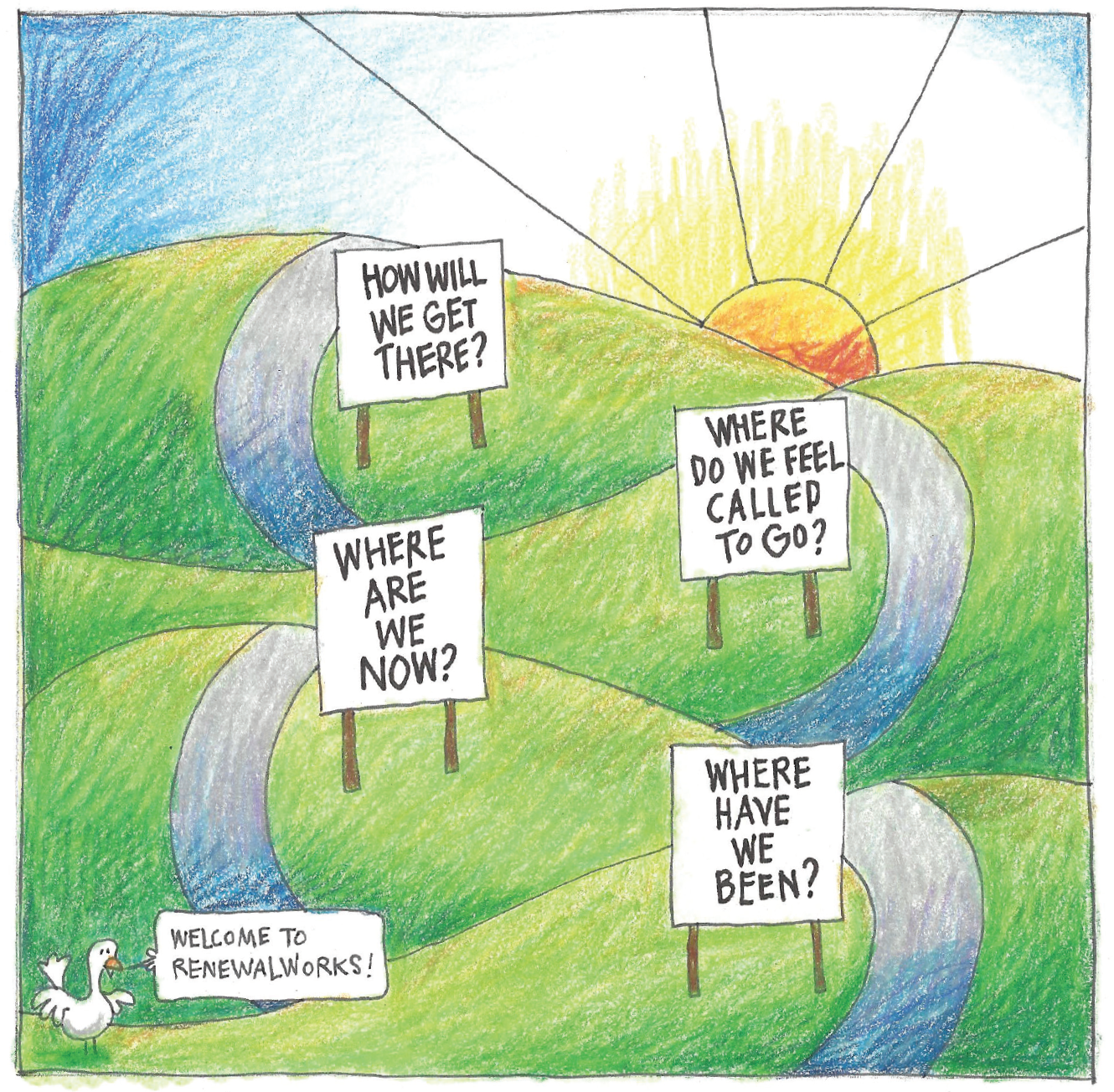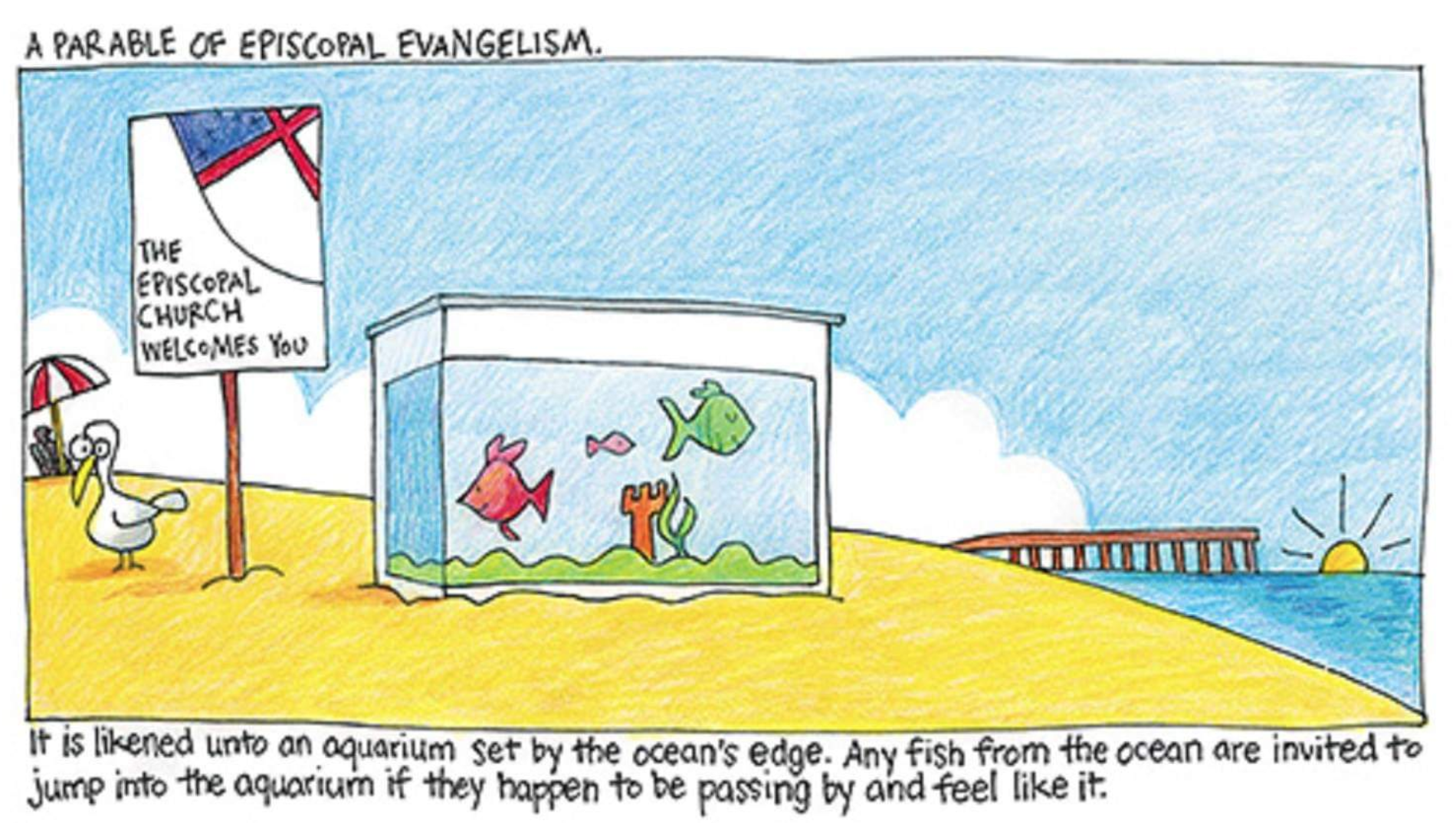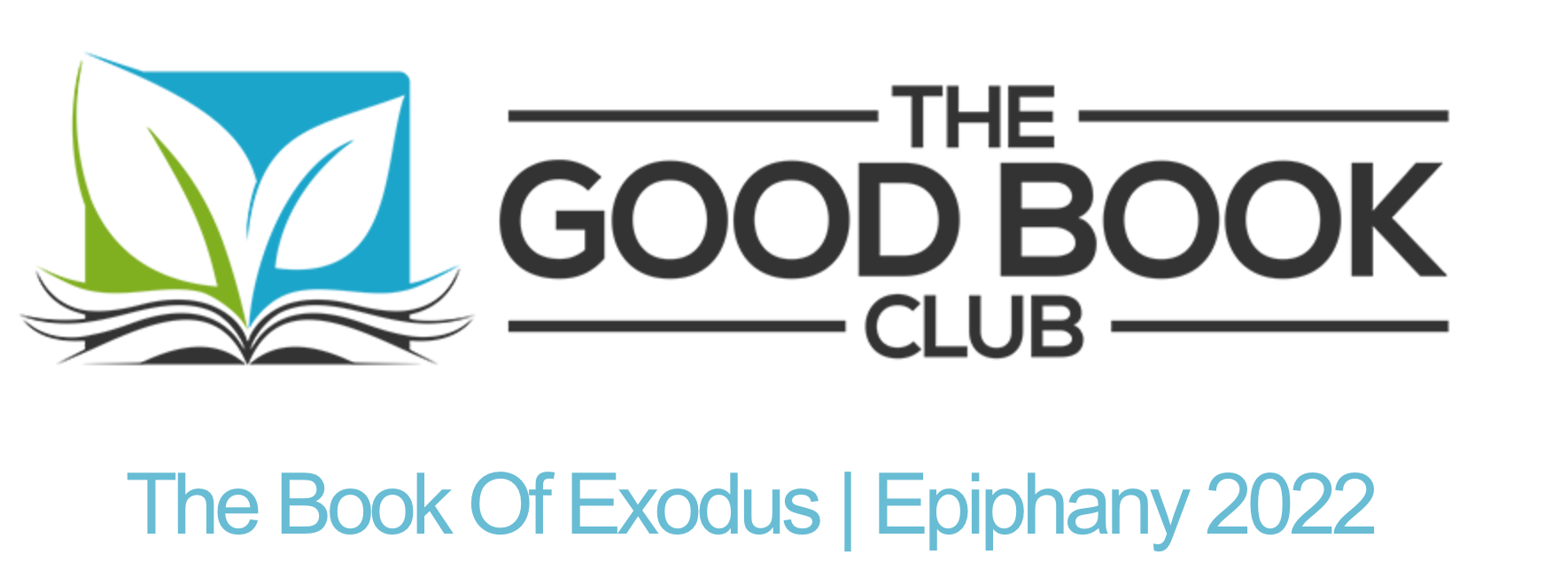
|
Perfection
Once again, in response to Jesus’ teaching in the Sermon on the Mount, I’m looking for wiggle room. Be perfect? The older I get, the more elusive that seems.
Here’s how I begin to make sense of it. There’s a fundamental difference between this call to be perfect and the drive for perfectionism. In religious circles, as parents, as professionals, there’s a drive to get everything right. That leads to one of two results. Either we get bummed out at inevitable shortcomings or we succumb to pride that imagines God is lucky to have us on the team. Neither are particularly attractive. Or edifying.
The Greek word used in this verse for perfect is transliterated as teleios. Translations of that word include the English word “perfect.” Alongside that, the word suggests being complete, whole, full grown, mature. In John’s gospel, in Jesus’ prayer for disciples, the word is used to reflect his request that his disciples be made completely one (John 17:23). In Luke’s gospel, the word is meant to suggest work that is finished or fulfilled (Luke 13:32). I’m reminded of how the idea of salvation expressed in scripture can be seen as a move toward wholeness.
It’s hard to read the whole Bible and conclude that Jesus expects us to be perfect in terms of getting it right all the time, in terms of never sinning. He was clear-eyed about human frailty. He was surrounded by the Keystone Cops disciples who demonstrated that frailty in oh so many ways. But he still called them to wholeness, toward spiritual maturity, growth toward the integrated oneness reflected in the character of God.
There are plenty of voices showing us the perils of perfectionism. In her book on writing entitled Bird by Bird, Anne Lamott points out those perils: “Perfectionism is the voice of the oppressor, the enemy of the people. It will keep you cramped and insane your whole life…I think perfectionism is based on the obsessive belief that if you run carefully enough, hitting each stepping-stone just right, you won’t have to die. The truth is that you will die anyway and that a lot of people who aren’t even looking at their feet are going to do a whole lot better than you, and have a lot more fun while they’re doing it.”
Brené Brown, in a book called The Gift of Imperfection, writes: “Understanding the difference between healthy striving and perfectionism is critical to laying down the shield and picking up your life. Research shows that perfectionism hampers success. In fact, it’s often the path to depression, anxiety, addiction, and life paralysis.”
But as Jesus talks to disciples in the Sermon on the Mount, as we eavesdrop on that conversation, we are meant to take it to heart, to try to put it to work in our lives. As we begin the season of Lent, a season of course-correction enlightened by self-examination, what are ways we can do that? What are ways we can move toward wholeness?
We begin by identifying those places where we don’t feel whole. Those are gaps where the light can shine through. Once we’ve got some insight into those growth opportunities, we can take steps toward wholeness, with healthy striving. That comes with practice, which suggests not only putting things into action. It also suggests that we get better, we grow, we mature, we move toward wholeness. In my own journey, those practices include reflection on scripture, quiet time in prayer, especially expressions of gratitude, service to those in need, and to the best of my ability, forgiveness. I’m wondering what practices have helped you grow in this way.
I love the bumper sticker: PBPGINFWMY. Please be patient. God is not finished with me yet. As we journey towards wholeness, towards salvation, may we find grace in the belief that God is with us. God is at work in us. Perhaps in spite of us. But we are not alone in it.
Ready to begin your RenewalWorks journey?

Join the September 2022 cohort of congregations on the journey of discipleship.
A lawyer approached Jesus, putting him to the test with this question: “Which is the greatest commandment?” Jesus’ response was simple, if not easy. He said it was about love of God (with all your heart and soul and mind) and love of neighbor as self.
That singular emphasis on love of God and neighbor provides the foundation for RenewalWorks, a ministry that focuses on spiritual growth by deepening love of God and neighbor in the lives of congregations, in the lives of ministries that animate those congregations, and in the lives of the individuals who bring life to those ministries.
When the details of life press in, parishes, like individuals, can inadvertently move away from this singular, simple focus on discipleship to the more mundane but necessary actions of running a church. RenewalWorks brings the focus back to Jesus’ response to the lawyer.


